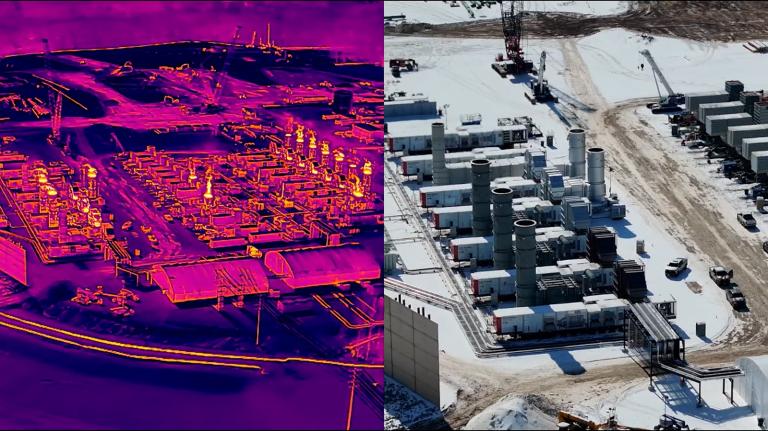There seems to be a disturbing tendency in the progressive community to blame speculators for most, if not all, of the increase in oil prices. In its most extreme form, the implication seems to be that the supply of oil is virtually limitless, and that only financial manipulation is to blame. Ironically, this mirrors the views of many mainstream economists, who have what is sometimes called a cornucopian view of the world. Julian Simon was the ultimate spokesperson for the idea that technological innovation and unlimited resources would allow for virtually any level of population and consumption.
For instance, writing in Counterpunch, Mike Whitney, who has been one of the best researchers explaining what is really going on in the financial meltdown, declares:
There is no oil shortage, not yet at least. The reason oil has skyrocketed to nearly $140 per barrel is because of rampant speculation. The peak oil doom-sayers are simply confusing the issue. This is not about shortages or scarcity; it’s about gaming the system to fatten the bottom line.
(The progressive talk show host Randi Rhodes has been making similar arguments).
Whitney quotes various ministers of oil who echo his argument; meanwhile, oil company spokespersons have been giving mixed messages, and Bush’s Secretary of Energy blames supply and demand. Whom to listen to? None of them. Like a group of vultures circling the carcass of the global economy, they each have their own nefarious reasons for saying what they are saying. The next time you hear something about how the increase in the price of oil is caused by speculation, consider several counter-arguments:
First, up until now, every time there has been an oil spike in the past, the oil producers have turned on the spigot in an effort to push the price of oil down. Why would they want to do that, even though a higher price would increase their profits? Because they learned from the experiences of the 1970s when oil became scarce: People became serious about alternative energy and oil-free lifestyles. “Never again!” was their cry; like drug dealers keeping the price of their product low in order to make it easy for their clients to become addicted, the oil producers were careful to make everybody “happy.” Thus we have the phenomenon of the SUV and the exurb. And now that the U.S. is completely addicted, a doubling and quadrupling of gas prices has led to only a few percentage points of lower gasoline consumption.
Second, as opposed to cornucopianism, in the real world there are limits to growth, as the title of the book put it. This is because we live in an ecosystem; the economy is embedded within several ecosystems. All ecosystems have limits on their resources. That’s why the end of the era of cheap oil, or peak oil, is an ecological problem, just as much as pollution and global warming are ecological problems — which oil obviously affects as well. Oil was a bad idea to begin with, and it’s a bad idea now — basing an economy on any nonrenewable resource is long-term folly.
Third, we simply don’t know how much speculation has to do with the run-up in price. On the other hand, there is plenty of data that show that we have a severe supply problem — check out the articles on The Oil Drum and Energy Bulletin, or the writings or videos of Matt Simmons or Richard Heinberg. The proponents of the speculation theory never explain why this behavior is happening now. The financial system is in the process of self-destructing as a result of the housing meltdown, so it’s hard to see how they could be driving this problem. Many people in the peak oil community have had to explain, for years now, why their prediction of expensive oil was not coming true — now that it finally is, maybe they should be given some credence.
Third, people should not be concentrating on the short-term reasons for the increase in oil; in the long-term, it is clear that we need to transform the society so that it is oil-free. A post-petroleum society is a positive progressive goal. Sure, it would help if American oil companies were nationalized, so that the country as a whole, like the other oil producing nations, would get back some of the expense of using oil; but in general oil has been used and is now used to prop up repressive regimes and avoid the hard task of industrializing a country, and our nonnationalized companies work hard to prevent sustainable environmental policies from being enacted.
Speculation and various factors such as war and disaster certainly have something to do with the rise in the price of oil. But the main reason, and the important one in the long-term, is that the world can no longer pump more and more oil out of the Earth. In order to save our economies and our climate, we need to pursue the long-term goal of a fossil-fuel free society.


